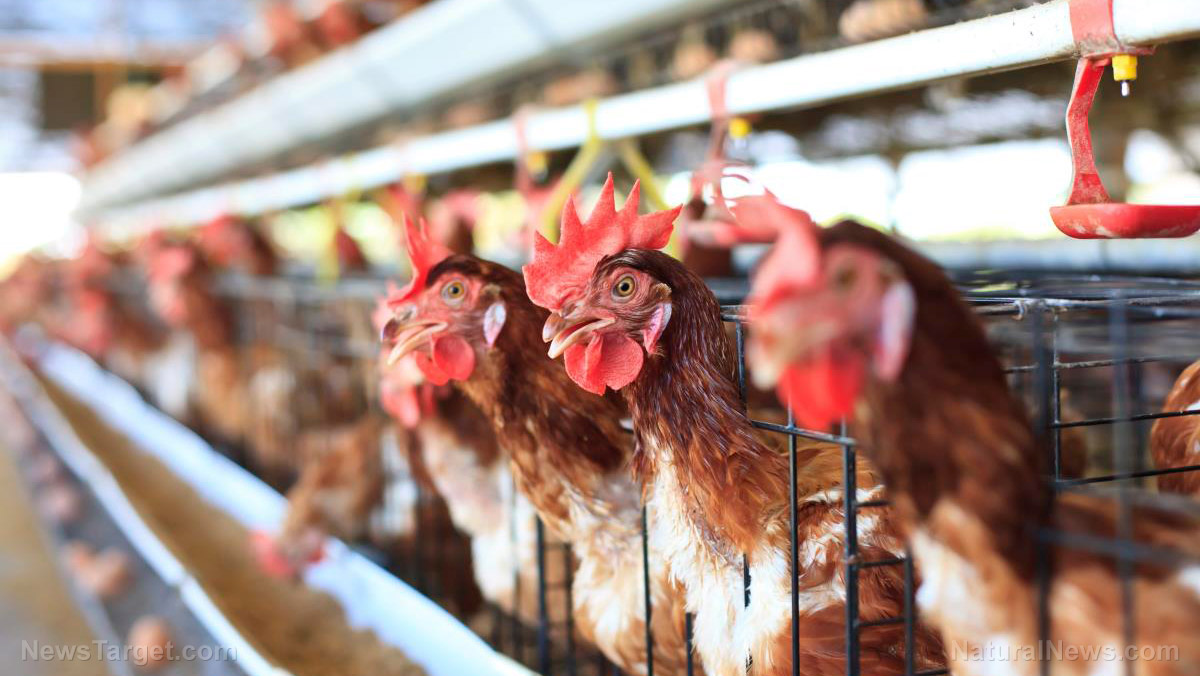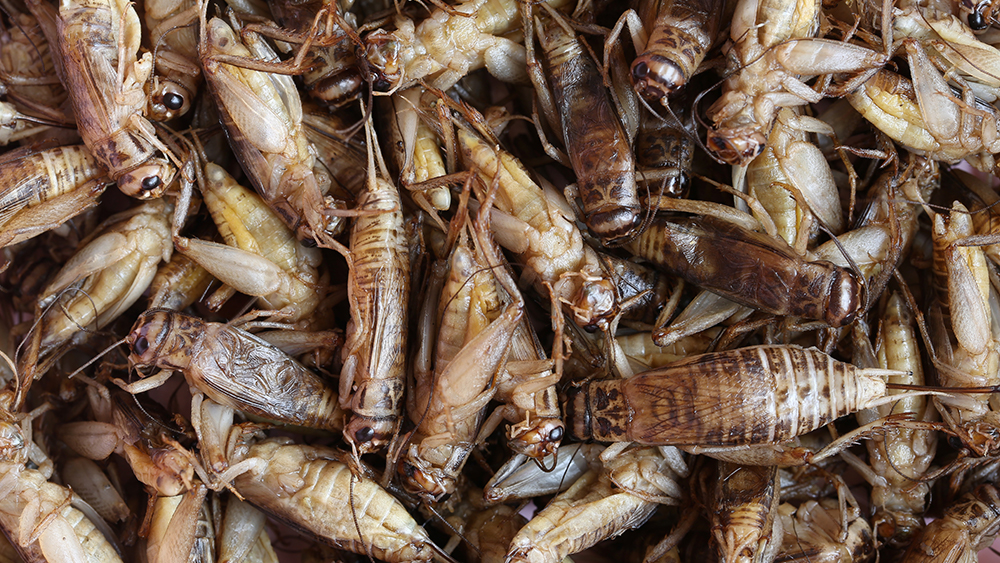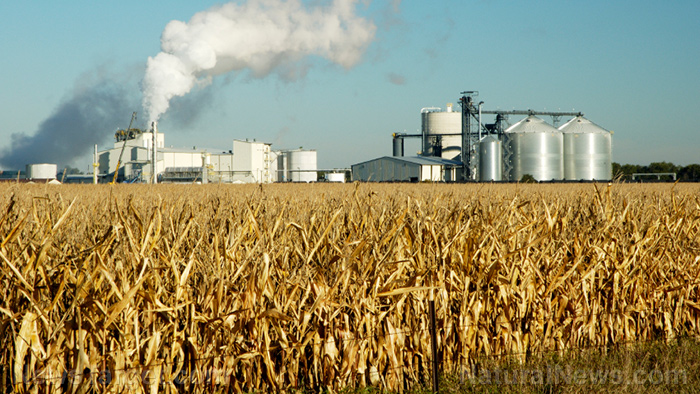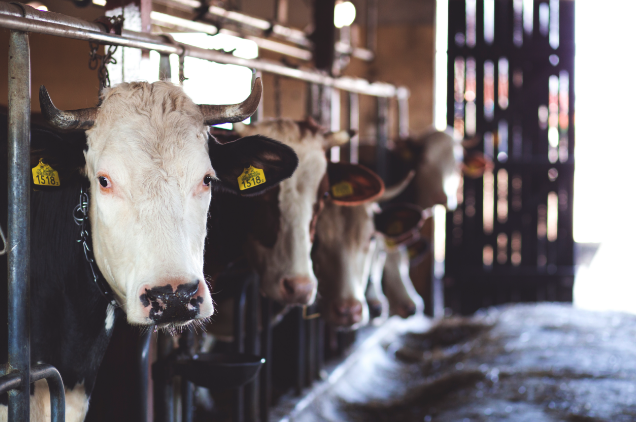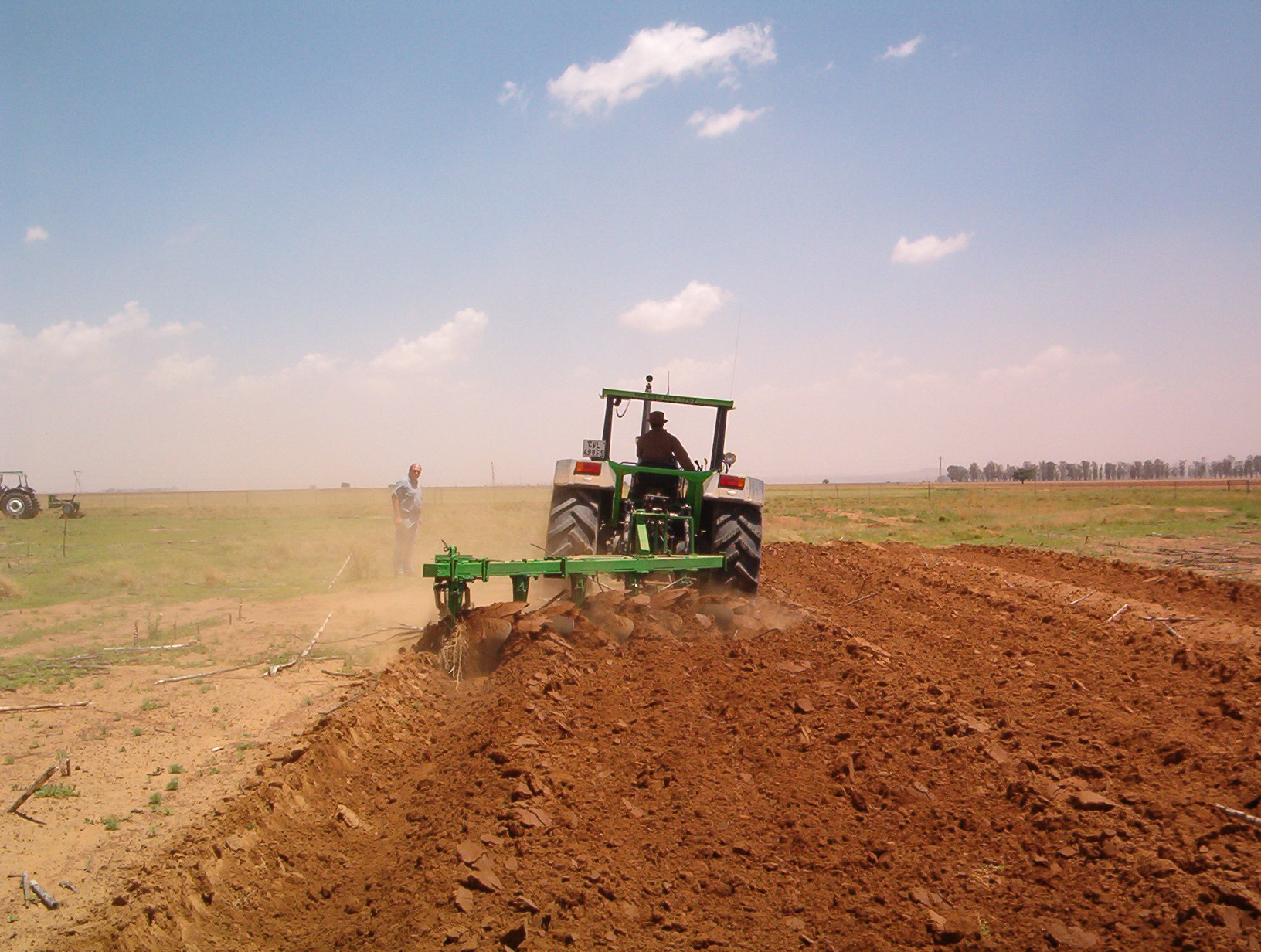Largest producer of fresh eggs in the U.S. halts production because of claimed avian flu outbreaks in Texas and Michigan
04/05/2024 / By Zoey Sky

Cal-Maine Foods, Inc., the largest producer of fresh eggs in the U.S., reported on Tuesday, April 2, that it had temporarily paused production at a Texas plant after bird flu was found in chickens. Bird flu was also detected at the company’s poultry facility in Michigan.
In a statement, Cal-Maine Foods, which is based in Mississippi, said an estimated 1.6 million laying hens and 337,000 pullets, or about 3.6 percent of its total flock, was destroyed after avian influenza (also known as bird flu) was found at the facility in Parmer County, Texas.
The plant in Texas, Ridgeland, is on the Texas-New Mexico border in the Texas Panhandle about 85 miles southwest of Amarillo and about 370 miles northwest of Dallas.
Cal-Maine Foods claims there is no known bird flu risk associated with eggs
According to the company’s statement, Cal-Maine Foods is cooperating with federal, state and local government officials and focused industry groups to “mitigate the risk of future outbreaks and effectively manage the response.” The company also said it is working to “secure production from other facilities to minimize disruption to its customers.”
Additionally, Cal-Maine Foods has claimed that there is no known bird flu risk associated with eggs that are currently on the market. The company also didn’t recall any eggs.
According to the U.S. Department of Agriculture, eggs that are properly handled and cooked are safe to eat.
The announcement by Cal-Maine comes one day after state health officials announced that one person was diagnosed with bird flu after being in contact with allegedly infected cows. Officials have also said that the risk to the public remains low.
Michigan’s Department of Agriculture and Rural Development has reported that Michigan State University’s Veterinary Diagnostic Laboratory has also detected bird flu in a commercial poultry facility in Ionia County. The county is located 100 miles northwest of Detroit.
The department added that it received confirmation of the disease on April 1, Monday, from the lab. It is the fourth time since 2022 that bird flu was detected at a commercial facility in Michigan.
Jennifer Holton, the department’s spokesperson, explained that state law prohibits the department from disclosing the type of poultry at the facility in Ionia. She added that the facility was placed under quarantine and that the department does not foresee any disruptions to supply chains across the state.
The human case recorded in Texas marks the first known instance worldwide of a human getting infected with this version of bird flu from a mammal, said federal health officials.
According to reports, dairy cows in Texas and Kansas were infected with avian flu last week. Soon after, federal agriculture officials confirmed infections in a Michigan dairy herd that had recently received cows from Texas.
The company said Cal-Maine sells most of its eggs in the Southwestern, Southeastern, Midwestern and mid-Atlantic regions of the U.S. (Related: Hong Kong recently banned U.S. poultry amid bird flu outbreak in 5 states.)
How does bird flu spread?
Bird flu primarily spreads through close or unprotected contact with infected birds. Most cases in humans have occurred after someone has had unprotected exposure to sick or dead infected animals.
According to the Centers for Disease Control and Prevention (CDC), bird flu viruses infect birds’ respiratory and gastrointestinal tracts, which causes them to shed the virus via their saliva, mucous and feces.
Humans and other mammals can get infected when they get enough virus in their eyes, nose or mouth, or inhale it into their lungs.
Those who have had close contact or unprotected contact with infected animals for long periods are at greater risk of infection. Avian flu can cause mild upper respiratory issues or severe illness, including pneumonia and multiple organ failure that results in death.
In the U.S., the disease usually spreads because of wild birds.
However, outbreaks in commercial poultry or backyard flocks that have resulted in deaths have been reported in 48 states since February 2022.
It’s rare for humans to be infected with avian flu. The only other human case in the country occurred in 2022, when someone incarcerated in a Colorado prison was exposed to poultry infected with bird flu.
On April 2, the CDC explained that the current public health risk is low and that there is no person-to-person spread of bird flu so far. The organization said it is a vital measurement that would prompt concern for the spread of bird flu.
Officials also advised that there is still an increased risk for poultry, livestock and farmers and workers in these sectors, along with veterinarians, veterinary staff and first responders who respond to cases.
Visit Outbreak.news for more stories like this.
Watch this clip about bird flu found in dairy cows in Texas, New Mexico and Kansas.
This video is from the TruNews channel on Brighteon.com.
More related stories:
WHO warns H5N1 bird flu still a major pandemic threat.
NEW STUDY: H3N8 avian flu virus has strong transmission potential, with risk of causing an outbreak.
Sources include:
Submit a correction >>
Tagged Under:
agriculture, animals, avian flu, avian influenza, bird flu, Cal-Maine Foods, dangerous, ecology, environment, food supply, infections, influenza, Michigan, outbreak, pandemic, pandemic threat, plague, poultry, Texas, world agriculture, zoonotic transmission
This article may contain statements that reflect the opinion of the author
RECENT NEWS & ARTICLES
FoodScarcity.News is a fact-based public education website published by CORONA2019 News Features, LLC.
All content copyright © 2022 by Food Scarcity News Features, LLC.
Contact Us with Tips or Corrections
All trademarks, registered trademarks and servicemarks mentioned on this site are the property of their respective owners.

